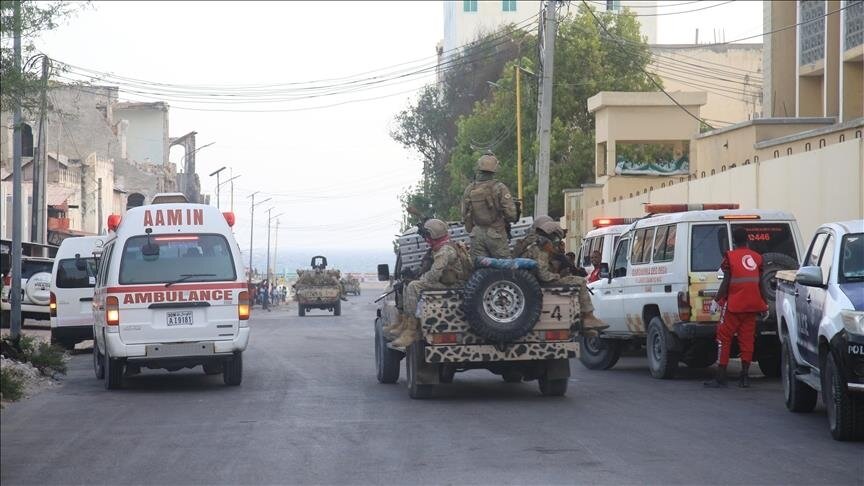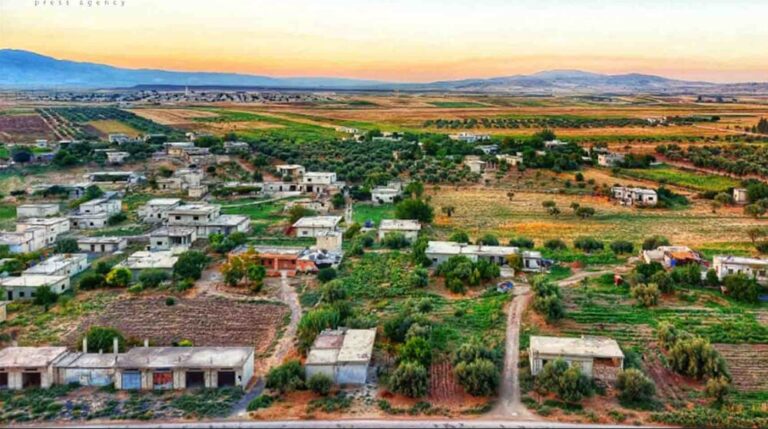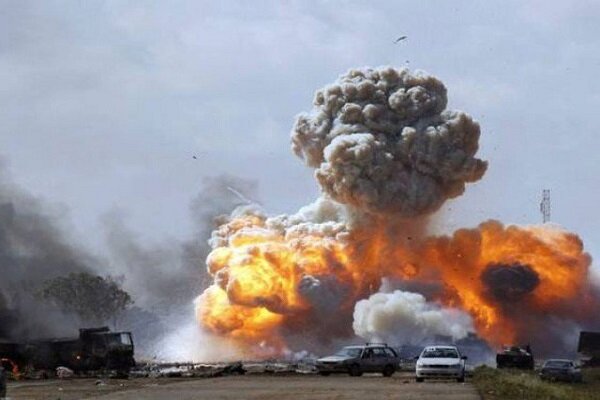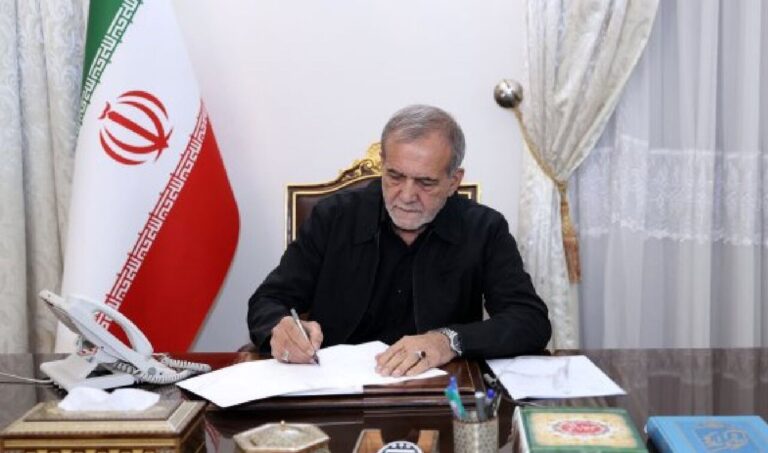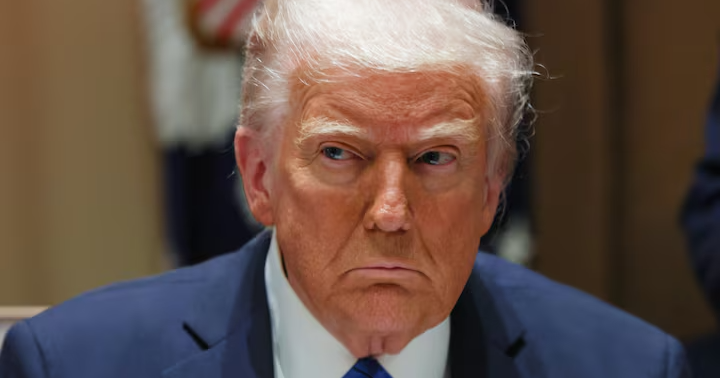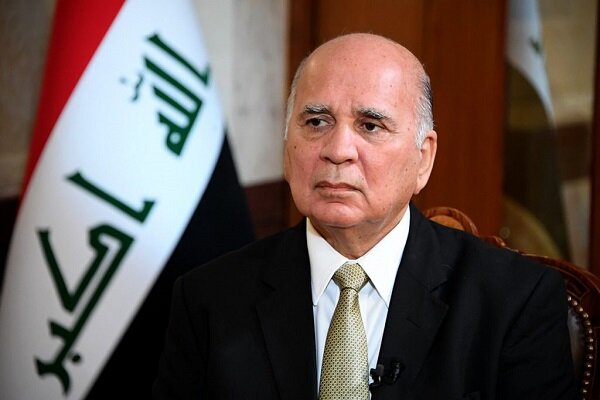Six Injured in Alarming Mortar Attack in Somali Capital: A Call for Urgent Action
In a recent incident that underscores the ongoing security challenges in Somalia, a mortar attack struck the Warta Nabada and Bondhere districts, resulting in injuries to several individuals. According to Ali Ahmed, a security official from a nearby district of Shibis, the attack has left at least six people wounded, including serious injuries to a Madarasa teacher and an elderly woman who were promptly hospitalized.
Ahmed provided further details on the situation, noting that “the actual target remains unknown, but the presidential palace is located in Warta Nabada, which is one of the affected districts.” This attack has intensified concerns over the security landscape in Somalia, particularly as it relates to ongoing threats from militant groups.
In response to the attack, Somali security forces have arrived at the scene. They have implemented movement restrictions and are conducting an investigation to determine the type of mortar used in the assault. As of now, no group has claimed responsibility for the mortar attack. However, it is worth noting that the al-Qaeda-affiliated terrorist organization al-Shabaab has previously taken responsibility for similar assaults in the region.
Somalia has been grappling with insecurity for many years, primarily due to the activities of terrorist organizations such as al-Shabaab and ISIS. Here are some key points about the ongoing security situation:
- Prolonged Conflict: Al-Shabaab has been engaged in a violent campaign against the Somali government for over 16 years.
- Targeted Attacks: The group frequently targets government officials and military personnel, aiming to destabilize the current administration.
- Increased Violence: The frequency of attacks has escalated, causing significant concern among the populace and international observers.
- Government Response: The Somali government and security forces are working to mitigate these threats, but challenges remain substantial.
The situation in Somalia is increasingly precarious, reflecting a broader pattern of violence that has plagued the nation for decades. The challenges posed by militant groups like al-Shabaab and ISIS have made it exceedingly difficult for the Somali government to establish stability and security.
Al-Shabaab’s activities are not only limited to direct attacks on government targets; the group also engages in various forms of violence against civilians, further contributing to the climate of fear and instability in the country. As the government continues to combat these threats, the need for effective strategies and international support becomes ever more critical.
As the investigation into the recent mortar attack unfolds, the hopes for a peaceful resolution to the ongoing violence remain tenuous. The resilience of the Somali people in the face of adversity is commendable, but without a concerted effort to address the root causes of the conflict, the cycle of violence is likely to continue.
In conclusion, the recent mortar attack in Warta Nabada and Bondhere districts serves as a stark reminder of the ongoing security challenges facing Somalia. With a history of violence and a complex political landscape, the need for effective governance and security measures is more urgent than ever. The international community’s role in supporting Somalia’s efforts to combat terrorism and restore peace cannot be overstated, as the nation strives to overcome its turbulent past and build a more stable future.
